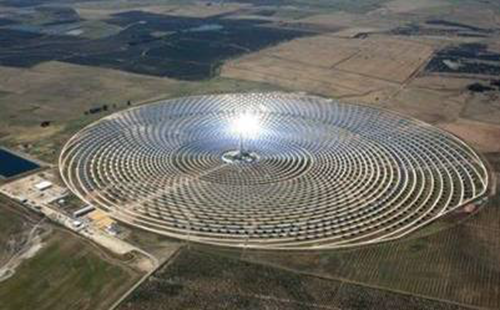SOLAR ENERGY
Our country is fortunate compared to many countries in terms of its solar energy potential due to its geographical location. Turkey is located in the sun belt, so it has a significant potential in this regard. As a result of a study for a Solar Energy Potential Atlas carried out by the General Directorate of Renewable Energy of the Ministry of Energy and Natural Resources, it has been determined that Turkey has a solar energy capacity equivalent to a 56.000-MW thermal power plant and that it is possible to generate an average of 380 billion KWh of electricity per year.
According to the General Directorate of Renewable Energy, the average sunshine duration of Turkey is 2640 hours per year (7.2 hours per day in total) and the average total irradiation intensity is 1311 KWh / m²-year (3.6 KWh/m² per day in total).

Although solar energy technologies vary widely in terms of method, materials and technological level, they can be divided into two main groups:
Photovoltaic Solar Technology: Semiconductor materials called photovoltaic cells convert sunlight directly into electricity.

Thermal Solar Technologies: In such a system, heat is obtained primarily from solar energy. This heat can be used directly or for electricity generation.

The following issues should be taken into consideration while selecting the land of a Solar Power Plant with a capacity of 1 MW.
Thanks to the "Law on Amendment to the Law on Utilization of Renewable Energy Resources for the Purpose of Generating Electrical Energy" published in the Official Gazette on 29.12.2010, the uncertainty about renewable energy generation has now disappeared and the price of selling the energy generated from renewable energy resources to the grid has been determined by the law.
According to this law, the electricity generated by a solar power plant will be purchased by the government for a period of ten years with a subsidy of 13.3 US dollar cent/KWh. Furthermore, additional subsidies are envisaged for five years from the date of commissioning of the generation plant in order to support domestic energy generation through government subsidies.